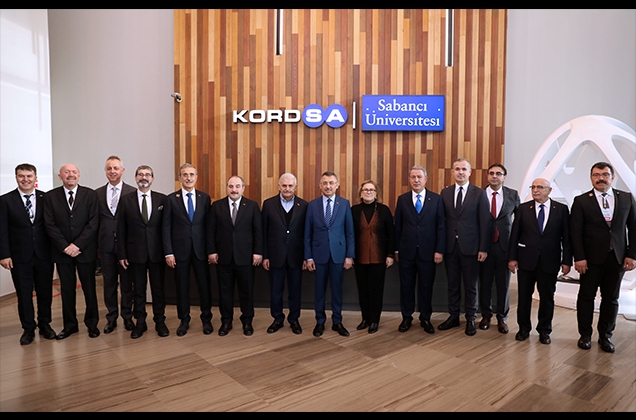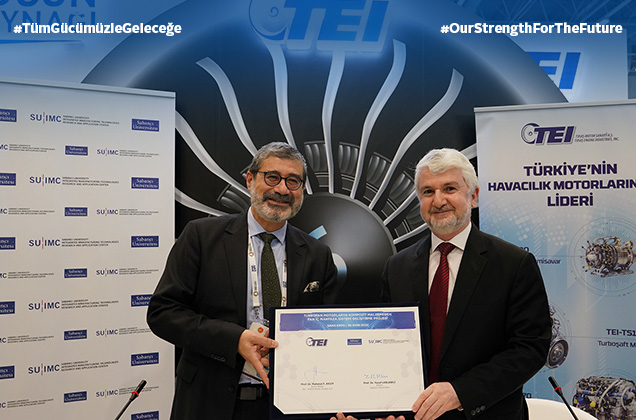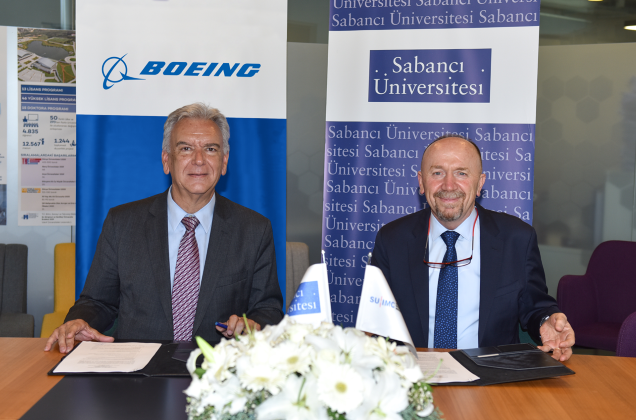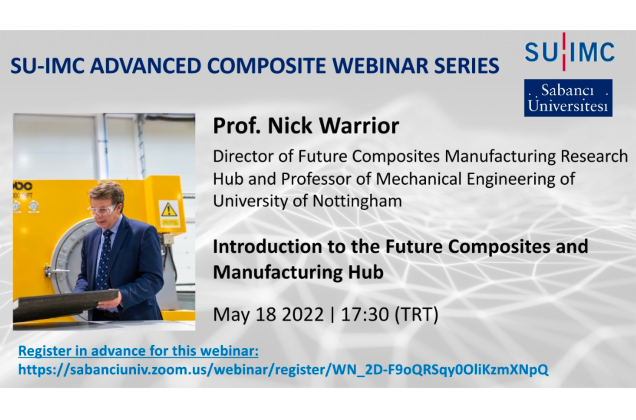Error message
Deprecated function: Return type of Drupal\entity\QueryAccess\ConditionGroup::count() should either be compatible with Countable::count(): int, or the #[\ReturnTypeWillChange] attribute should be used to temporarily suppress the notice in
include() (line
36 of
sites/suimc.sabanciuniv.edu/modules/contrib/entity/src/QueryAccess/ConditionGroup.php).
include('/var/www/drupal9/html/web/sites/suimc.sabanciuniv.edu/modules/contrib/entity/src/QueryAccess/ConditionGroup.php') (Line: 582)
Composer\Autoload\{closure}('/var/www/drupal9/html/web/sites/suimc.sabanciuniv.edu/modules/contrib/entity/src/QueryAccess/ConditionGroup.php') (Line: 433)
Composer\Autoload\ClassLoader->loadClass('Drupal\entity\QueryAccess\ConditionGroup') (Line: 74)
Drupal\entity\QueryAccess\EventOnlyQueryAccessHandler->getConditions('view') (Line: 123)
Drupal\entity\QueryAccess\ViewsQueryAlter->alter(Object, Object) (Line: 166)
entity_views_query_alter(Object, Object)
call_user_func_array(Object, Array) (Line: 426)
Drupal\Core\Extension\ModuleHandler->Drupal\Core\Extension\{closure}(Object, 'entity') (Line: 405)
Drupal\Core\Extension\ModuleHandler->invokeAllWith('views_query_alter', Object) (Line: 433)
Drupal\Core\Extension\ModuleHandler->invokeAll('views_query_alter', Array) (Line: 1433)
Drupal\views\Plugin\views\query\Sql->alter(Object) (Line: 1319)
Drupal\views\ViewExecutable->build(NULL) (Line: 1394)
Drupal\views\ViewExecutable->execute(NULL) (Line: 1457)
Drupal\views\ViewExecutable->render() (Line: 2459)
Drupal\views\Plugin\views\display\DisplayPluginBase->preview() (Line: 1665)
Drupal\views\ViewExecutable->preview('block_2', Array) (Line: 66)
Drupal\views\Element\View::preRenderViewElement(Array)
call_user_func_array(Array, Array) (Line: 101)
Drupal\Core\Render\Renderer->doTrustedCallback(Array, Array, 'Render #pre_render callbacks must be methods of a class that implements \Drupal\Core\Security\TrustedCallbackInterface or be an anonymous function. The callback was %s. See https://www.drupal.org/node/2966725', 'exception', 'Drupal\Core\Render\Element\RenderCallbackInterface') (Line: 772)
Drupal\Core\Render\Renderer->doCallback('#pre_render', Array, Array) (Line: 363)
Drupal\Core\Render\Renderer->doRender(Array, ) (Line: 201)
Drupal\Core\Render\Renderer->render(Array) (Line: 33)
Drupal\jango_shortcodes\Plugin\Shortcode\ViewShortcode->process(Array, '
') (Line: 438)
Drupal\shortcode\ShortcodeService->processTag(Array, Array) (Line: 315)
Drupal\shortcode\ShortcodeService->process('[nd_title title="Recent News" underline="c-line-left c-theme-bg" label_align="c-left" bg_color="theme" different_values="0" style_margin_top="40" size="c-font-20" style=""]
[/nd_title]
[nd_view admin_url="admin/structure/views/view/news/edit/block_2" different_values="0" style=""]
[/nd_view]
', 'en', Object) (Line: 78)
Drupal\shortcode\Plugin\Filter\Shortcode->process('[nd_title title="Recent News" underline="c-line-left c-theme-bg" label_align="c-left" bg_color="theme" different_values="0" style_margin_top="40" size="c-font-20" style=""]
[/nd_title]
[nd_view admin_url="admin/structure/views/view/news/edit/block_2" different_values="0" style=""]
[/nd_view]
', 'en') (Line: 118)
Drupal\filter\Element\ProcessedText::preRenderText(Array)
call_user_func_array(Array, Array) (Line: 101)
Drupal\Core\Render\Renderer->doTrustedCallback(Array, Array, 'Render #pre_render callbacks must be methods of a class that implements \Drupal\Core\Security\TrustedCallbackInterface or be an anonymous function. The callback was %s. See https://www.drupal.org/node/2966725', 'exception', 'Drupal\Core\Render\Element\RenderCallbackInterface') (Line: 772)
Drupal\Core\Render\Renderer->doCallback('#pre_render', Array, Array) (Line: 363)
Drupal\Core\Render\Renderer->doRender(Array, ) (Line: 201)
Drupal\Core\Render\Renderer->render(Array) (Line: 479)
Drupal\Core\Template\TwigExtension->escapeFilter(Object, Array, 'html', NULL, 1) (Line: 84)
__TwigTemplate_cb67852cfba1e22245f5d0916cb78a1b->doDisplay(Array, Array) (Line: 405)
Twig\Template->displayWithErrorHandling(Array, Array) (Line: 378)
Twig\Template->display(Array) (Line: 390)
Twig\Template->render(Array) (Line: 55)
twig_render_template('sites/suimc.sabanciuniv.edu/themes/jango/templates/fields/field.html.twig', Array) (Line: 384)
Drupal\Core\Theme\ThemeManager->render('field', Array) (Line: 422)
Drupal\Core\Render\Renderer->doRender(Array) (Line: 435)
Drupal\Core\Render\Renderer->doRender(Array, ) (Line: 201)
Drupal\Core\Render\Renderer->render(Array) (Line: 479)
Drupal\Core\Template\TwigExtension->escapeFilter(Object, Array, 'html', NULL, 1) (Line: 76)
__TwigTemplate_6349f46116ac68d442c2726526225be6->block_content(Array, Array) (Line: 182)
Twig\Template->displayBlock('content', Array, Array) (Line: 64)
__TwigTemplate_6349f46116ac68d442c2726526225be6->doDisplay(Array, Array) (Line: 405)
Twig\Template->displayWithErrorHandling(Array, Array) (Line: 378)
Twig\Template->display(Array) (Line: 390)
Twig\Template->render(Array) (Line: 55)
twig_render_template('core/themes/stable/templates/block/block.html.twig', Array) (Line: 384)
Drupal\Core\Theme\ThemeManager->render('block', Array) (Line: 422)
Drupal\Core\Render\Renderer->doRender(Array, 1) (Line: 201)
Drupal\Core\Render\Renderer->render(Array, 1) (Line: 157)
Drupal\Core\Render\Renderer->Drupal\Core\Render\{closure}() (Line: 564)
Drupal\Core\Render\Renderer->executeInRenderContext(Object, Object) (Line: 158)
Drupal\Core\Render\Renderer->renderPlain(Array) (Line: 172)
Drupal\Core\Render\Renderer->renderPlaceholder('', Array) (Line: 649)
Drupal\Core\Render\Renderer->replacePlaceholders(Array) (Line: 534)
Drupal\Core\Render\Renderer->doRender(Array, 1) (Line: 201)
Drupal\Core\Render\Renderer->render(Array, 1) (Line: 145)
Drupal\Core\Render\Renderer->Drupal\Core\Render\{closure}() (Line: 564)
Drupal\Core\Render\Renderer->executeInRenderContext(Object, Object) (Line: 146)
Drupal\Core\Render\Renderer->renderRoot(Array) (Line: 279)
Drupal\Core\Render\HtmlResponseAttachmentsProcessor->renderPlaceholders(Object) (Line: 128)
Drupal\Core\Render\HtmlResponseAttachmentsProcessor->processAttachments(Object) (Line: 45)
Drupal\Core\EventSubscriber\HtmlResponseSubscriber->onRespond(Object, 'kernel.response', Object)
call_user_func(Array, Object, 'kernel.response', Object) (Line: 142)
Drupal\Component\EventDispatcher\ContainerAwareEventDispatcher->dispatch(Object, 'kernel.response') (Line: 202)
Symfony\Component\HttpKernel\HttpKernel->filterResponse(Object, Object, 1) (Line: 190)
Symfony\Component\HttpKernel\HttpKernel->handleRaw(Object, 1) (Line: 81)
Symfony\Component\HttpKernel\HttpKernel->handle(Object, 1, 1) (Line: 58)
Drupal\Core\StackMiddleware\Session->handle(Object, 1, 1) (Line: 48)
Drupal\Core\StackMiddleware\KernelPreHandle->handle(Object, 1, 1) (Line: 191)
Drupal\page_cache\StackMiddleware\PageCache->fetch(Object, 1, 1) (Line: 128)
Drupal\page_cache\StackMiddleware\PageCache->lookup(Object, 1, 1) (Line: 82)
Drupal\page_cache\StackMiddleware\PageCache->handle(Object, 1, 1) (Line: 48)
Drupal\Core\StackMiddleware\ReverseProxyMiddleware->handle(Object, 1, 1) (Line: 51)
Drupal\Core\StackMiddleware\NegotiationMiddleware->handle(Object, 1, 1) (Line: 23)
Stack\StackedHttpKernel->handle(Object, 1, 1) (Line: 709)
Drupal\Core\DrupalKernel->handle(Object) (Line: 19)





